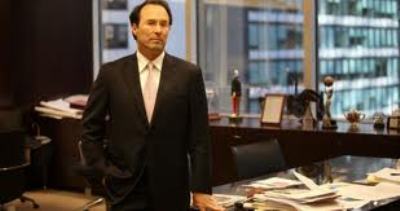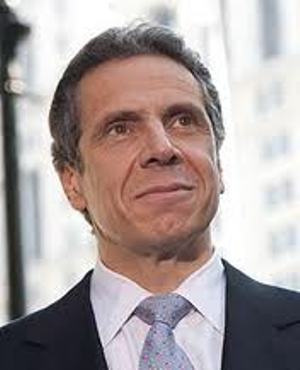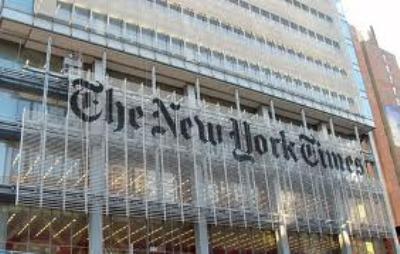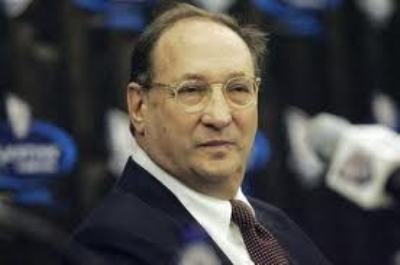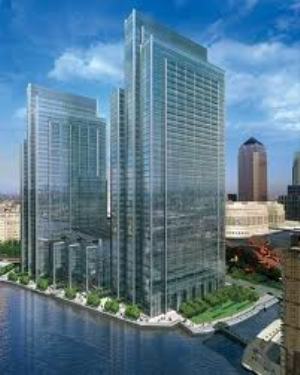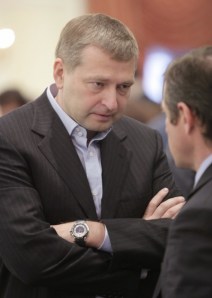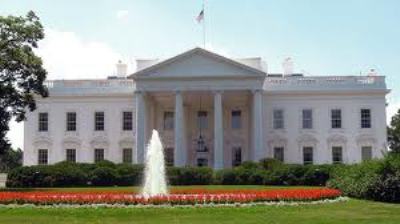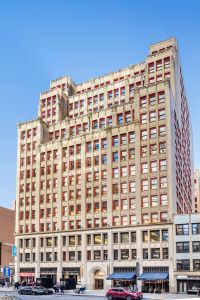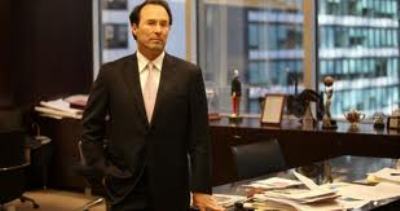 Oh, to be the Related Companies one week ago.
Oh, to be the Related Companies one week ago.
It was then that reports emerged that Coach, the maker of luxury leather goods, was in talks to add an additional 250,000 square feet of office space to its already significant inventory of 500,000 square feet inside the South Tower of the Related Companies’ Hudson Yards development.
SEE ALSO: Selling a Zoo Can Be Wild
But today, like a cloud on the sun, Gary Barnett, the second-most powerful man in real estate and the head of Extell Development, told Steve Cuozzo of the New York Post he had hired Jones Lang LaSalle to find tenants for his yet-to-be-built 1.7 million-square-foot office tower located on 34th Street and 11th Avenue, which he has rather conspicuously named One Hudson Yards. That his new development has nothing to do with the Related Companies’ Hudson Yards development hardly seemed to matter to Mr. Barnett, although it apparently rankled Stephen Ross.
“I don’t know why he’s trying to deceive tenants and the public,” Mr. Ross told Mr. Cuozzo.
This isn’t the first time Mr. Barnett has flashed his chutzpah to other developers or real estate firms. Vornado, Donald Trump, Forest City Ratner, and Corcoran are only a few companies that have felt Barnett’s elbow nudge them out of their moments of glory.
Extell Development is still fighting a three-year-old lawsuit brought by then-Attorney General Andrew Cuomo involving the Rushmore, a 289-unit condo building. The 14-month dispute centered on Mr. Barnett himself, who 41 buyers claimed had failed to begin closing on apartments by a deadline set forth in contracts. “We’re not happy about this, but we never expected many of these people to close at this point,” Barnett told The Real Deal in 2010. The suit is currently in its third round of appeals.
In 2001, Bruce Ratner and the New York Times were maneuvering to buy a plot of land on Eighth Avenue and 41st Street to develop what would become the New York Times' Renzo Piano-designed headquarters. Barnett, who owned a parking lot on the site, tried to organize surrounding landowners. "I said, 'Let's all join together and we'll be in control of the site, and if the New York Times really wants it, they'll pay us more," Mr. Barnett told Gabriel Sherman in his 2010 New York magazine profile.
In a feud that many in the real estate press immediately linked to an earlier tussle with The New York Times, Mr. Barnett threw a wrench in Forest City Ratner's plans to develop a basketball arena and residential and commercial complex in Brooklyn by offering to pay the MTA $100 million more than Bruce Ratner for the land itself. Adding insult to injury, Mr. Barnett also earned the support of many in Prospect Heights by proposing just 4,800 residential occupants compared to a plan by Ratner that called for nearly four times that number. He also left out the arena entirely and agreed not to condemn blocks. “It was an effort to throw a wrench into the process, given what happened earlier,” one source told New York magazine.
Despite having a longstanding history with The Corcoran Group, his brokerage of choice for many Extell Development leasing assignments, Mr. Barnett chose to go it alone at One57, one of his most ambitious projects to date. Mr. Barnett hired his own sales staff for One57, while still pledging that he would work closely with the Corcoran Group on the project. "To be frank, there is an awful lot of money in sales commissions and we want to get a piece of that ourselves," Mr. Barnett told The Wall Street Journal last November. With listing prices in excess of $2 billion expected for One57, who could blame him?
In 2005, Gary Barnett, then a relative unknown in New York real estate circles, put down $1.76 billion for Riverside South, a development in which Donald Trump had a 30 percent stake. Mr. Trump sued the Chinese Investors who sold the property to Mr. Barnett, accusing them of underselling. Needless to say, the suit was unsuccessful, and Mr. Barnett reveled in the judge's decision. "It’s like so stupid," he was quoted as saying. "It makes zero sense, and the judge basically agreed.”
Five years later, Mr. Barnett lashed out at Mr. Trump again, this time in a 2010 New York magazine profile. "It’s not that I hate publicity because I hate publicity," Mr. Barnett said. "It’s that I don’t see any good use of it. Donald Trump sells buildings that way, or he gets a television show and makes money off it. But that doesn’t do anything for me."
Last year, Vornado Realty Trust and its chief Steven Roth were in the final phase of a plan to build a new residential tower at 220 Central Park South. Indeed, after doling out $40 million in cash payouts to the existing building's tenants, the large REIT was about to move forward on its plan, only to be thwarted by Mr. Barnett who held the lease on a parking garage on the site, which isn't set to expire for six more years. "We hope to resolve any issues concerning these buildings in a mutually satisfactory manner," he said.
Russian fertilizer magnate Dmitry Rybolovlev made waves in December when he purchased Sandy Weill's penthouse at 15 Central Park West for $88 million, the highest price paid for a condominium in New York City history. Not to be outdone, Mr. Barnett raised the price of his penthouse apartment at One57 to $110 million, making his penthouse, not the Halstead Properties' unit, the city's most expensive.
In 2009, Mr. Barnett, a former diamond trader, publicly took President Barack Obama's administration to task, writing in a widely circulated two-page letter that the country was at strong risk of falling into a depression. "It is not working, and it is not going to work," wrote Mr. Barnett in a letter that was passed along to Mayor Bloomberg, Larry Summers and President Obama confidante David Axelrod. "The Federal Government pouring Money into big banks is not the answer... We need real change."
In his 2010 New York magazine profile, Gabriel Sherman writes: "New York Real Estate has long attracted players who view business as both a commercial and a civic pursuit. Jerry Speyer, the co-chief executive of Tishman Speyer, is perhaps the most famous archetype of the New York macher, serving as a confidante to mayors and governors. Inside the fishbowl of New York real estate, Barnett has few friends. He's a subject of fascination and derision, a combative figure who is unafraid to challenge the industry order."
 Oh, to be the Related Companies one week ago.
Oh, to be the Related Companies one week ago.